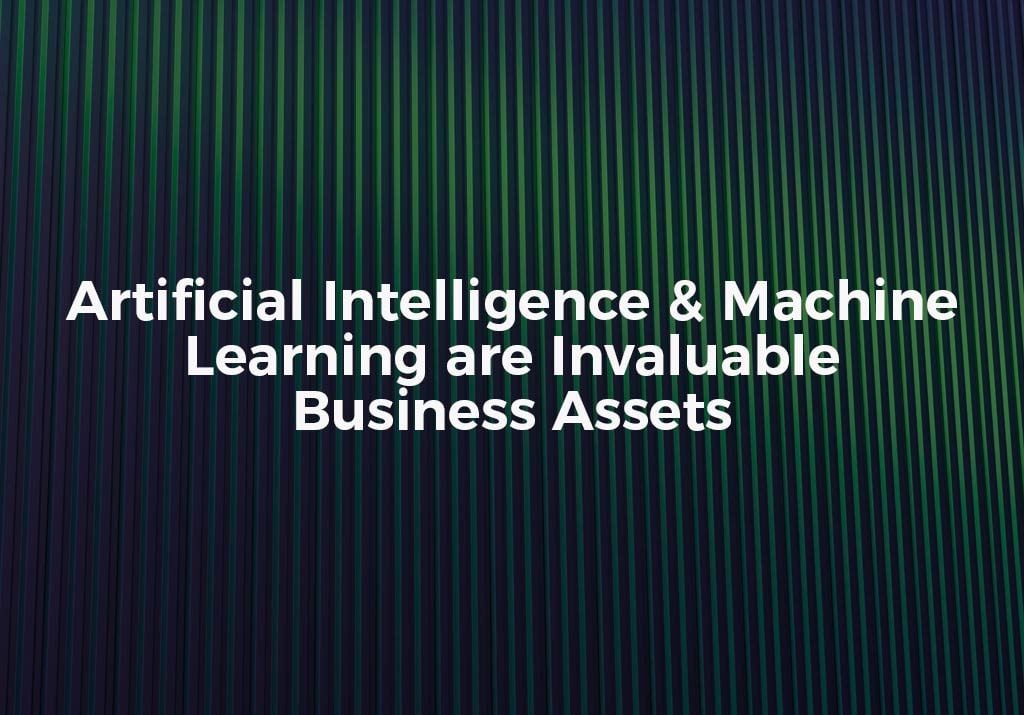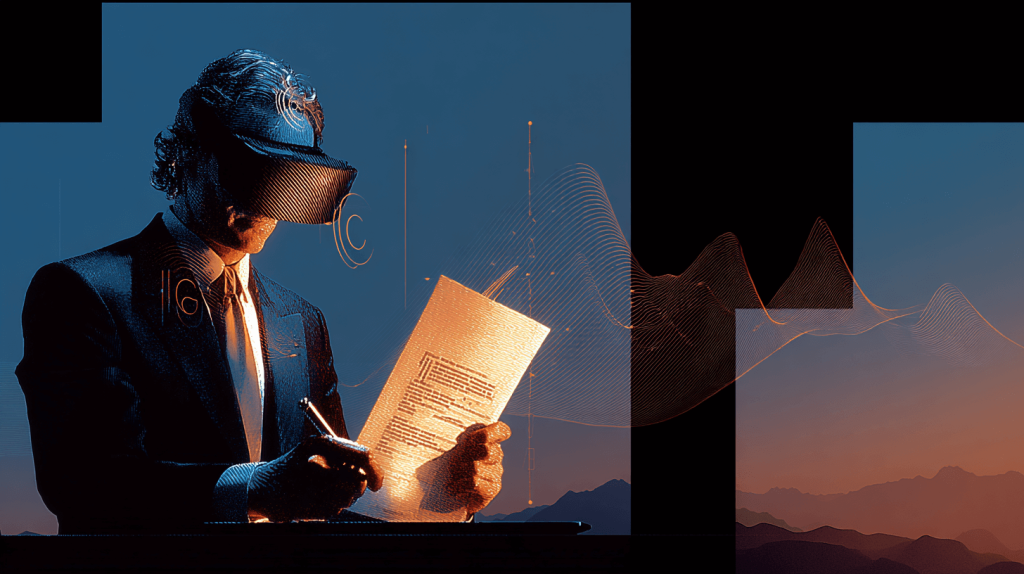Artificially intelligent (AI) technologies and machine learning are proving to be invaluable time savers in a number of business applications. Whether the AI is being used for scheduling appointments, autonomously placing orders, or streamlining payments and accounting, businesses are reaping the benefits of saved time, money and resources. With so many businesses looking for AI and machine learning solutions to make conducting business smoother and easier, there is high demand for new AI and machine learning products and services.
New advancements in AI and machine learning are happening every day. These innovations are generating valuable intellectual property, which needs to be protected by the appropriate legal rights, such as patents, trademarks, copyrights and trade secrets. Some aspects of AI and machine learning innovations are best suited for one form of IP protection over another.
- Patents. In the realm of AI and machine learning, patent protection can be sought for a number of aspects of the technology. For starters, if the AI takes the form of a physical device, a utility patent can be sought for the AI-containing device. A design patent could be sought for the unique design of the AI-containing device as well. Similarly, a method patent could be sought for how the AI technology or machine learning operates, or for how data generated by the AI technology is used.
- Trademarks. If an AI program or service is given a name and will be sold under that name, then trademark protection should be sought. Company names can be protected as well. For AI technology that involves accessing a website, perhaps so that users can download updates or patches, the name contained in the website address should be protected as well.
- Copyright. The underlying software code for AI and machine learning techniques are valuable IP assets which can be protected with copyright protection. The creative elements of the code, such as how the code is written or how a database is structured, may be eligible for copyright protection, so long as the protected element is not functional. When AI or machine learning software code contains an algorithm, the algorithm itself is likely not copyright protectable because it is functional, and not creative, in nature.
- Trade secret. Algorithms are oftentimes the heart and soul of an AI or machine learning innovation, yet algorithms generally cannot be protected by patent, trademark or copyright. However, valuable algorithms can be protected by treating them and their use as a trade secret. Other aspects of AI and machine learning innovations, such as know-how or data collections, may be good candidates for trade secret protection as well.
AI and machine learning innovations are complex in nature and thus require comprehensive IP protection. Innovators should consider the benefits of building a comprehensive portfolio of different types of IP rights for their AI and machine learning innovations.
Contact The Rapacke Law Group Today
If you need assistance securing IP protections for your AI and machine learning innovations, the professionals at The Rapacke Law Group are ready and available to help you. We can counsel you on which IP strategies are best for your particular situation. Contact us today for a free initial consultation with one of our seasoned IP lawyers.




